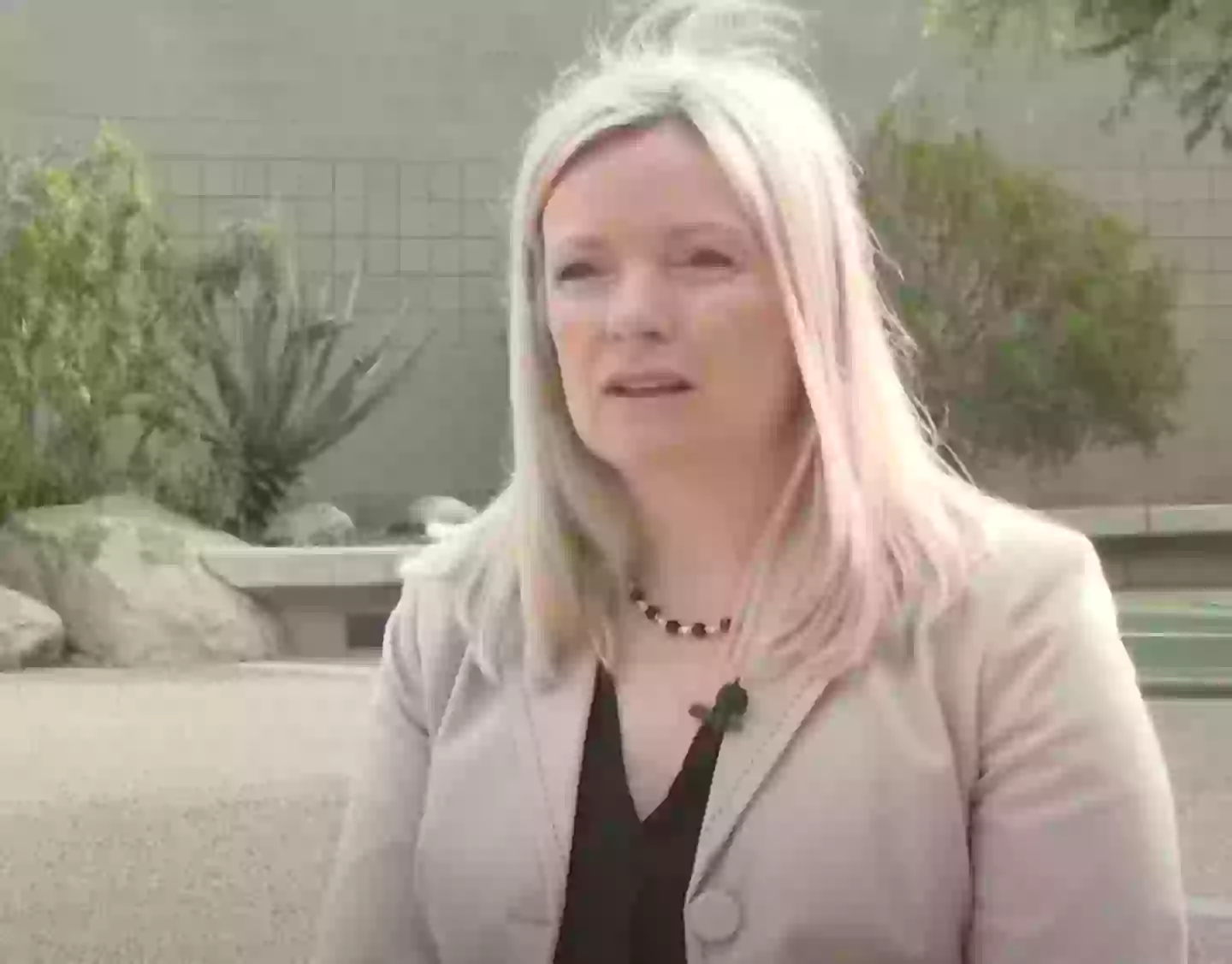A man who lost his life in a road rage incident had his words presented in court through an AI-generated video.
Christopher Pelkey, an Army veteran from Arizona, was fatally shot in a road rage altercation in 2021.
In a unique courtroom moment, Pelkey’s sister, Stacey Wales, and her husband utilized artificial intelligence to enable him to deliver a victim statement posthumously.
They employed the technology to replicate his likeness and voice, with a filter to make him appear older.
The individual responsible for the shooting, Gabriel Paul Horcasitas, was found guilty of manslaughter and sentenced to 10.5 years in prison. The judge referenced the AI video in the sentencing statement.
Pelkey’s relatives believe the judge was touched by the AI video, which expressed forgiveness towards Horcasitas, suggesting that under different circumstances, the two might have been friends.
The AI-generated video portrayed Chris forgiving the shooter, with a script crafted by his sister.
The message included: “It is a shame we encountered each other that day in those circumstances, in another life we probably could have been friends.
“I believe in forgiveness and God who forgives, I always have and still do.”
Stacey Wales explained her choice to use AI for her brother’s victim statement, saying: “Trying to make this come to life and to lift him off the page in the best way that we could, that is available to us now.
“All I kept coming back to was, ‘what would Chris say?’”
She mentioned how the younger family members responded positively to seeing and hearing ‘Chris’ once more.

She added: “[They said] ‘Mum and dad thank you so much for making that, I needed to hear from Uncle Chris one last time and that meant so much, thank you.’
“That is not what this is not what this intended to do but the result of having it be a healing peace for anybody that saw it was such a beneficial result.”
Chief Justice Timmer also commented on the potential future applications of AI in legal proceedings.
She stated: “AI has the potential to create great efficiencies in the justice system and may assist those unschooled in the law to better present their positions. For that reason, we are excited about AI’s potential. But AI can also hinder or even upend justice if inappropriately used. A measured approach is best.”

